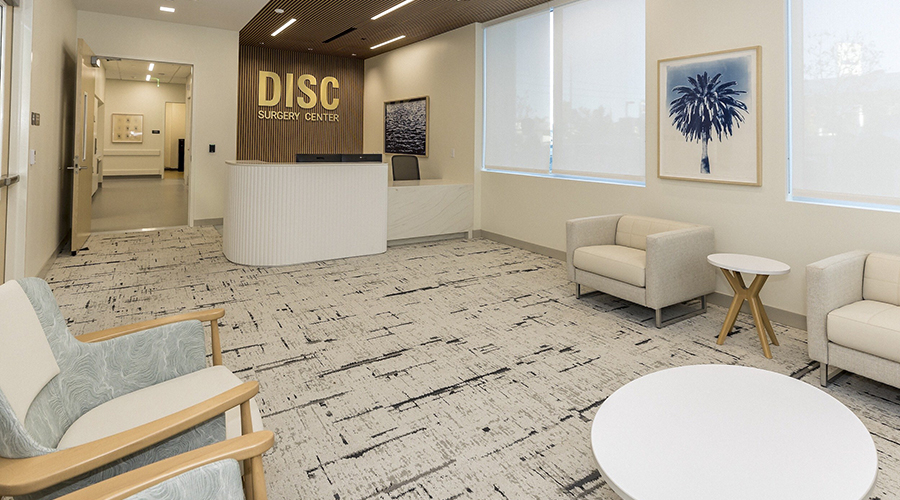Each year, up to 21 million Americans contract the highly contagious norovirus. With an estimated annual cost of $2 billion in lost productivity and healthcare expenses from foodborne norovirus alone, can your business afford an outbreaki? To help businesses reduce the spread, Cintas Corporation offers a norovirus cleaning checklist.
According to the Centers for Disease Control and Prevention (CDC), the most important method for norovirus prevention is handwashing, followed by safe food handling and preparation, surface disinfection and proper laundering of soiled clothes and linensii.
“A norovirus outbreak can be devastating to a business’s productivity, not to mention its reputation,” said John Engel, Director of Marketing, Cintas. “Just because a surface looks clean, doesn’t mean that it is. Cleaning with the correct products, on the correct surface with the correct cleaning solution is essential to reducing the chances of an outbreak.”
To help businesses reduce the threat of an outbreak, Cintas offers the following norovirus cleaning checklist.
- Encourage hand hygiene. Implement a hand hygiene program at your facility to encourage frequent handwashing among employees. Whether a retail facility, office building, foodservice establishment or other type of business, employee handwashing is essential to limiting the spread of virusesiii.
- Post reminders. Post signage in breakrooms and restrooms to remind employees and guests to wash hands before and after handling or eating food, as well as after using the restroom.
- Identify high-touch spots. Identify and disinfect high-touch spots that can serve as a source of virus transmission such as elevator buttons, door handles, railings, light switches, water coolers and communal items such as copiers, drinking fountains, menus or cash registers.
- Sanitize kitchen equipment. Regularly sanitize employee kitchen surfaces and appliances such as refrigerators, microwaves, coffee pots, toasters and furniture such as tables and chairs.
- Clean personal spaces. Encourage employees to wipe down and disinfect desks frequently to help limit the spread of illness throughout the building.
- Stay home when sick. Employees who exhibit symptoms of norovirus are likely highly contagious and should stay home, especially those who work in the foodservice industryiv.
For more information on Cintas’ solutions for facilities, please visit www.cintas.com/facilityservices.
 UCI Health Set to Open First All-Electric Hospital
UCI Health Set to Open First All-Electric Hospital Ground Broken on Baptist Health Sunrise Hospital
Ground Broken on Baptist Health Sunrise Hospital Rapid City Medical Center to Join Monument Health
Rapid City Medical Center to Join Monument Health AI Adoption on the Rise Among Leaders
AI Adoption on the Rise Among Leaders TriasMD Officially Opens DISC Surgery Center at Tarzana
TriasMD Officially Opens DISC Surgery Center at Tarzana